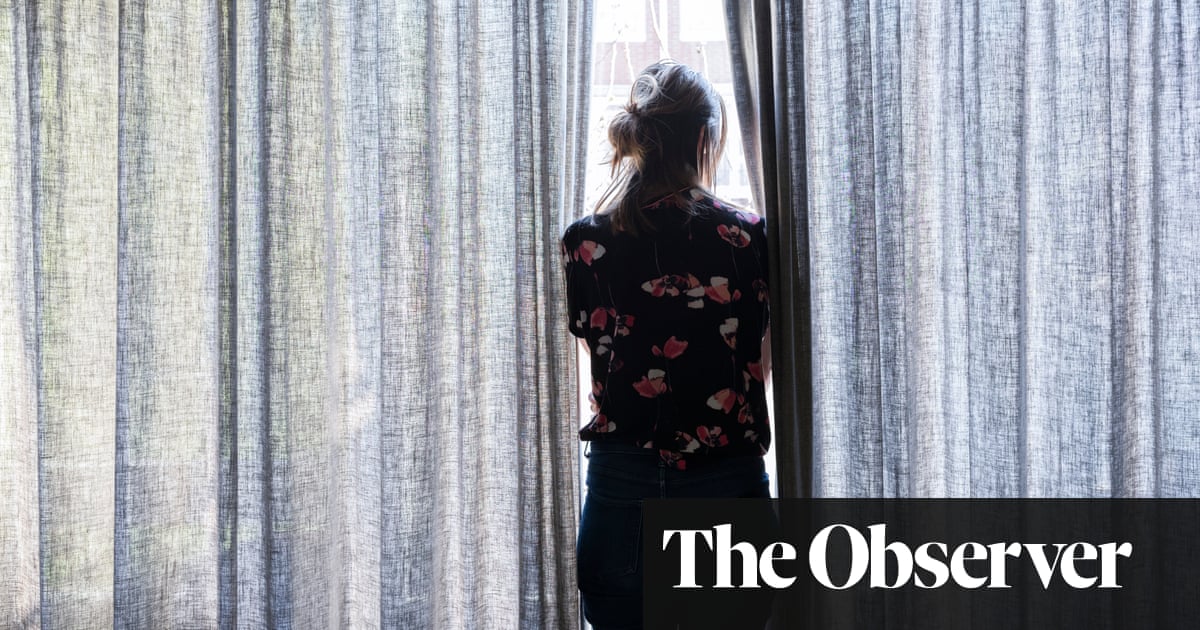
Not killing children or women is a well-known principle of war. But for more than seven years now, this principle has not been implemented in Syria, and no international authority has been able to enforce it in the war-torn country. Attacks against women, including rape, have been used as a tool of war and humiliation not only by Syrian regime forces but also by terrorist groups.
According to recent statistics released by human rights organizations, the regime has detained more than 13,500 women since the start of the conflict. Meanwhile, 6,736 women, of which 417 are children, are still arbitrarily imprisoned. They are subjected to mistreatment, sexual harassment, rape and torture on a daily basis. Even if they survive, the traces of those prisons never leave them.
Hundreds of women and girls do not even know how many times they have been raped. Some of the accounts I have heard from Syrian women are too horrific to tell. All the while, the world is simply watching.
Women make up the majority of the millions of Syrians who have fled to other countries, and are the most vulnerable of the conflict’s victims. Those who survive prison either fall into the hands of traffickers or die in the Mediterranean. How long can this suffering continue?
Sinem Cengiz
Women make up the majority of the millions of Syrians who have fled to other countries, and are the most vulnerable of the conflict’s victims. Those who survive prison either fall into the hands of traffickers or die in the Mediterranean. How long can this suffering continue? How many more women and children should die? How many more screams must rise from Syrian dungeons for the international community to open its ears?
To draw attention to the plight of Syrian women, and to initiate an attempt to release all female prisoners unlawfully held, the Conscience Convoy started its journey from Istanbul to the border with Syria on Tuesday. I was part of the convoy, which consisted of some 8,000 women activists from 55 countries, including Turkey.
The convoy reached Turkey’s southern province of Hatay from where, on the occasion of International Women’s Day on March 8, it urged the international community to take effective measures to protect women during conflict and war. It was a significant and timely initiative, gathering thousands of women regardless of religion, race, ethnicity, language or culture.
There was only one aim: To become the voice of the voiceless on an international platform. And they succeeded. The initiative attracted much local and international media attention. Convoy members visited Turkish President Recep Tayyip Erdogan and asked him to convey their demands to his Russian counterpart Vladimir Putin.
Yvonne Ridley, a prominent journalist and author from the UK who met with Erdogan, said she was hopeful that the initiative was just the beginning. Agreeing with Ridley, the wife of Nelson Mandela’s grandson, Nodiyela Mandela, said: “I wanted to take part in this convoy to bring thoughts from South Africa because we, as women, were oppressed for many years in our country.”
None of us has the luxury of turning a blind eye to what is happening in Syria. In order to stand on the right side of history, and to not be ashamed of ourselves, every person should take part in any initiative to end the war and the plight of the Syrian people. As Albert Einstein said: “The world will not be destroyed by those who do evil, but by those who watch them without doing anything.”
• Sinem Cengiz is a Turkish political analyst who specializes in Turkey’s relations with the Middle East.
Twitter: @SinemCngz









